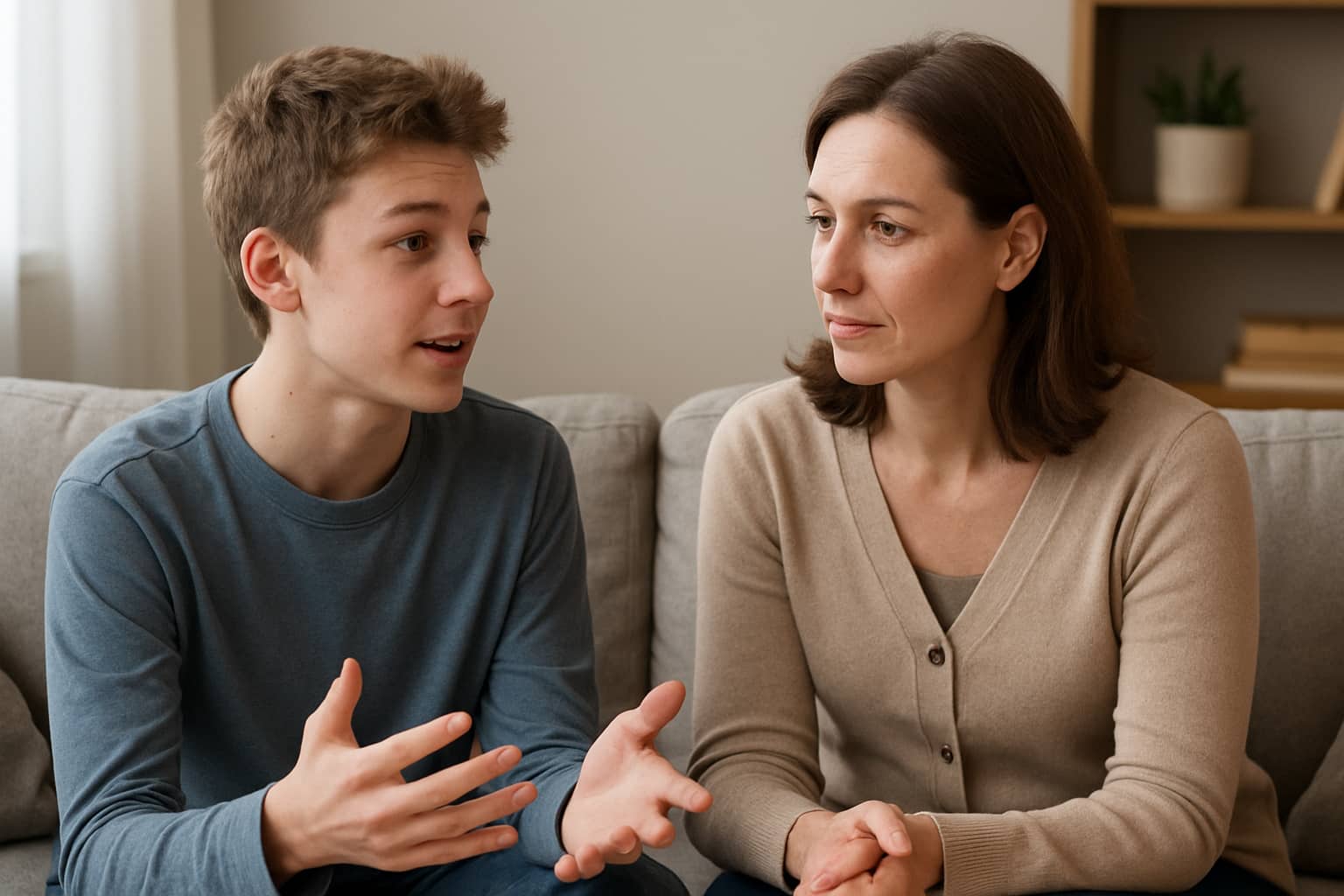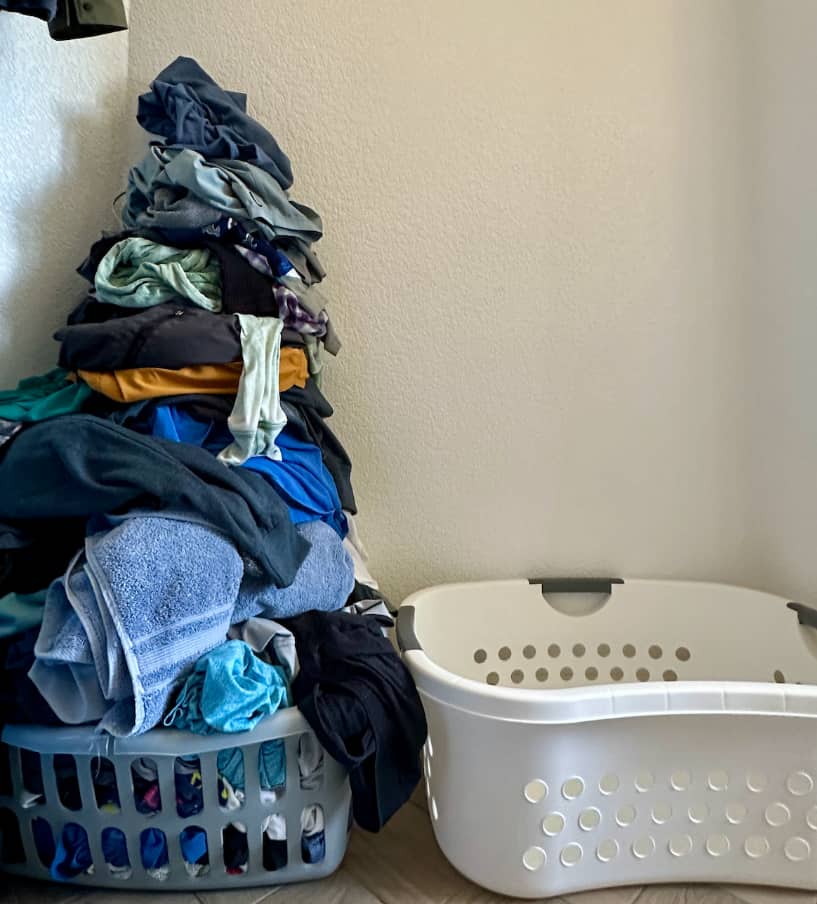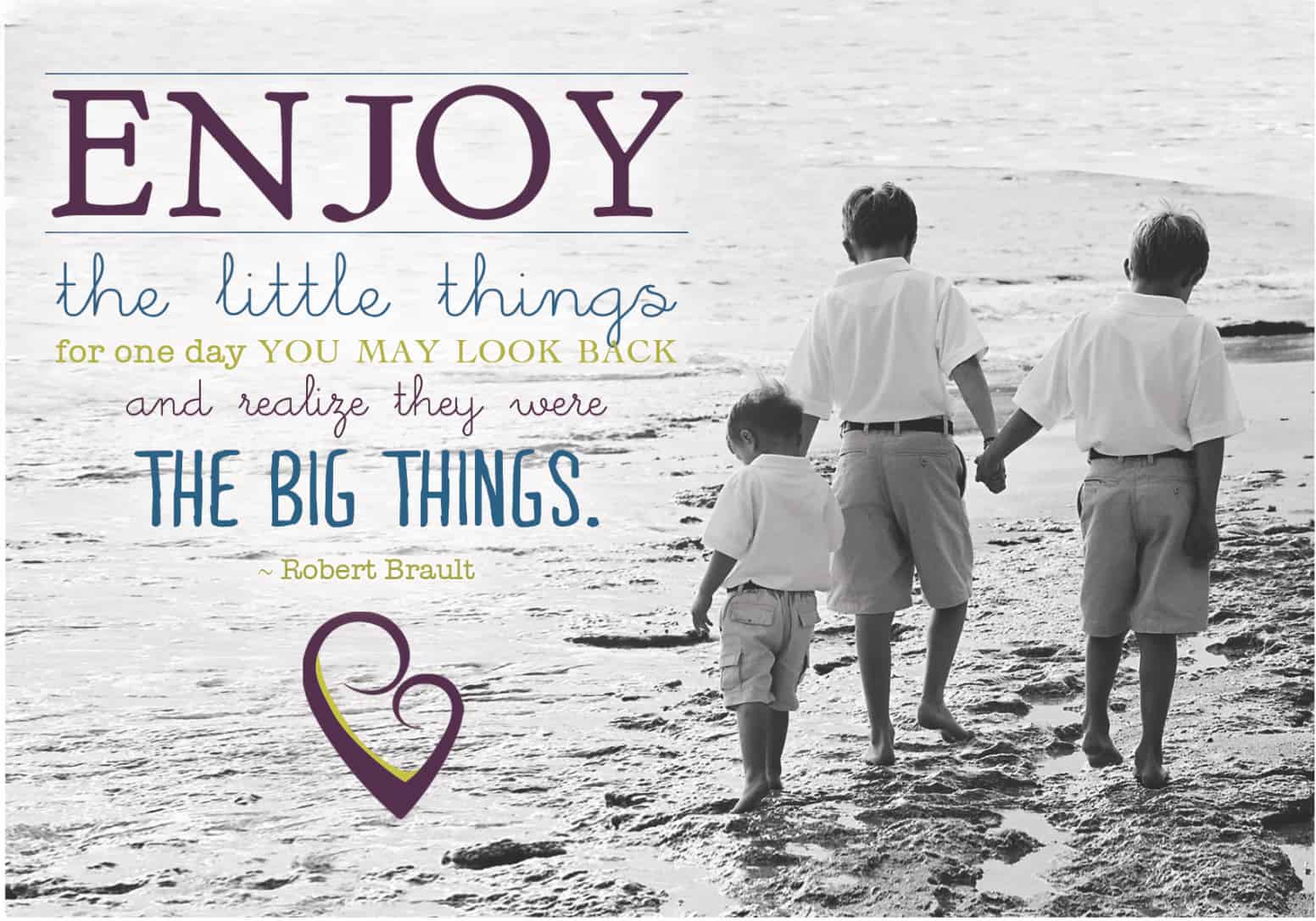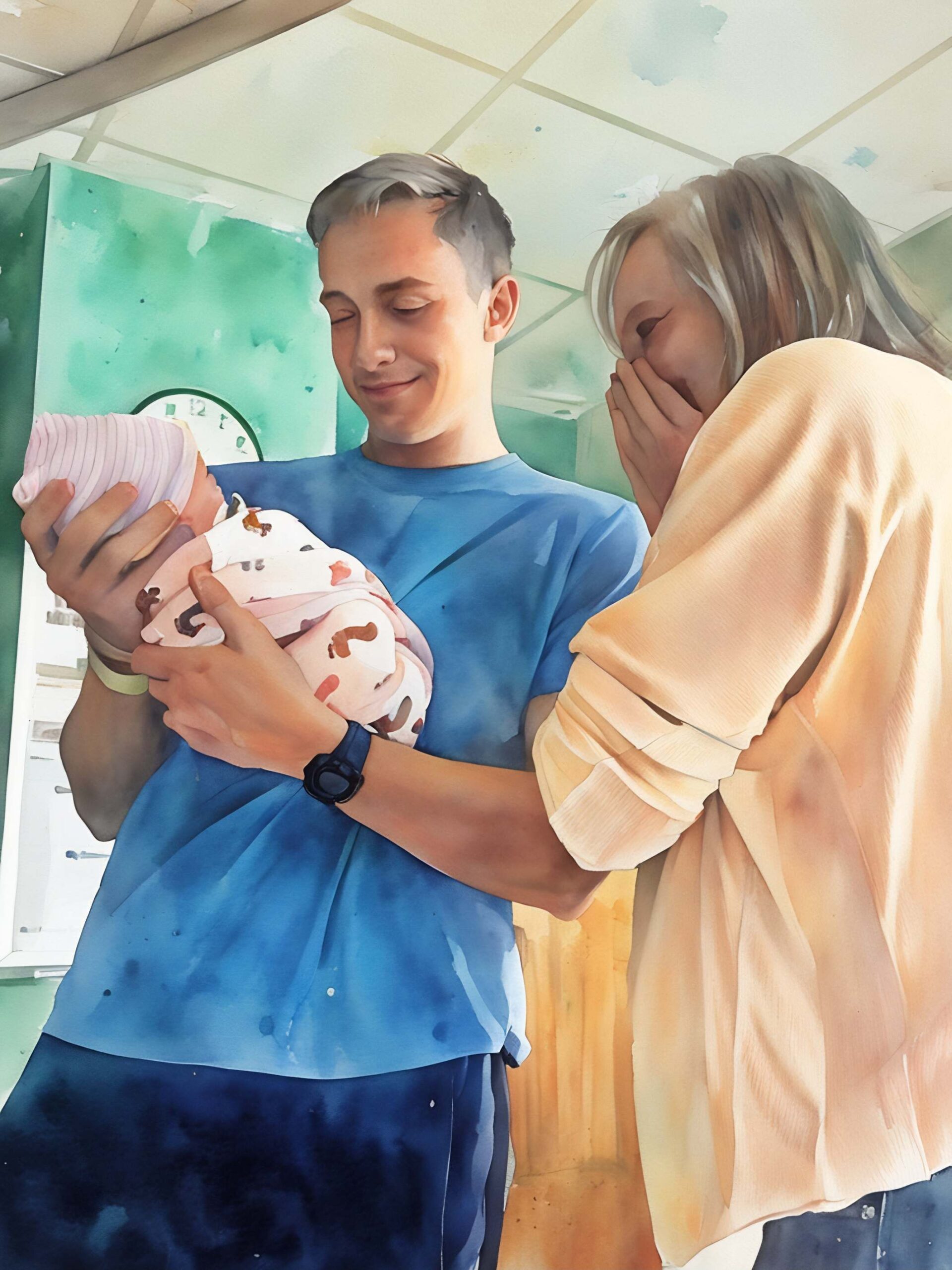Have you ever been annoyed with the younger version of yourself who made life decisions early on that are now a pain to live with?
Our younger selves have such a huge impact on our education, our geographies, our career paths, our partners, how we’re willing to be treated, the roles we take on, and more.
I’ve gotta confess: I have had some full-on meltdowns about the headaches and heartaches I’ve had to endure, thanks to my younger self.
I’ve been mad at her. Blamed her. Shamed her. But rather than these routes, what I’ve found to be more helpful is finding grace for her. I can (finally) recognize that my younger self simply didn’t know what my current self knows. She was young and naive. She didn’t have the proper lenses to recognize when dysfunction was walking into her life.
Over time, with the help of a good therapist, I’ve been able to cut my younger self some slack for not knowing what she didn’t know. I’ve even found some value in her messes that I’ve had to clean up.
Finding and exercising grace for our younger selves can cause monumental shifts in calming our inner critic. When the self-shaming starts up, it can feel amazing to have a wise, nurturing inner voice pipe up and say, “Oh, Honey… If you’d known then what you know now, you would’ve made different choices. No harm, no foul—you hadn’t learned all those life lessons yet.”
Forgiving our younger self matters. Why, you ask? Perhaps the number one reason is because the way we speak to ourselves gets revealed when we speak to our children. When we don’t accept our own regrets, it’s tough to be gracious with other people’s failings.
What’s been your experience? Have you been irked with the messes your younger self has made? Where can you cut her, him, or them a little slack?
Here’s a suggestion for where to start with some self-therapy. First, talk or journal about what you’re mad at your younger self for and how those choices have made life more difficult for you. Next, talk or journal about the positives you’ve experienced from those choices. These might include grit, confidence, learning the hard way (but still learning!), compassion, or the pain that’s pushed you to pursue therapy and heal.
My life experience as a mother/stepmother to six kids tells me that the best way to show up as the parent we want our kids to have is to do our own inner work. Dr. Tsabary’s advice to our younger would be: “You will find your manifestation. Don’t be so restless. It’s going to come to you.” – Dr. Shefali Tsabary
Shefali Tsabary is a clinical psychologist, an author, a speaker, and the founder of Global Inner Disarmament. She is well known for her book “The Conscious Parent.” Shefali specializes in the integration of Western psychology and Eastern philosophy. She is an extensive speaker and a private practitioner.
Click the link for advice from Dr. Shefali Tsabary on how to raise a confident child.












